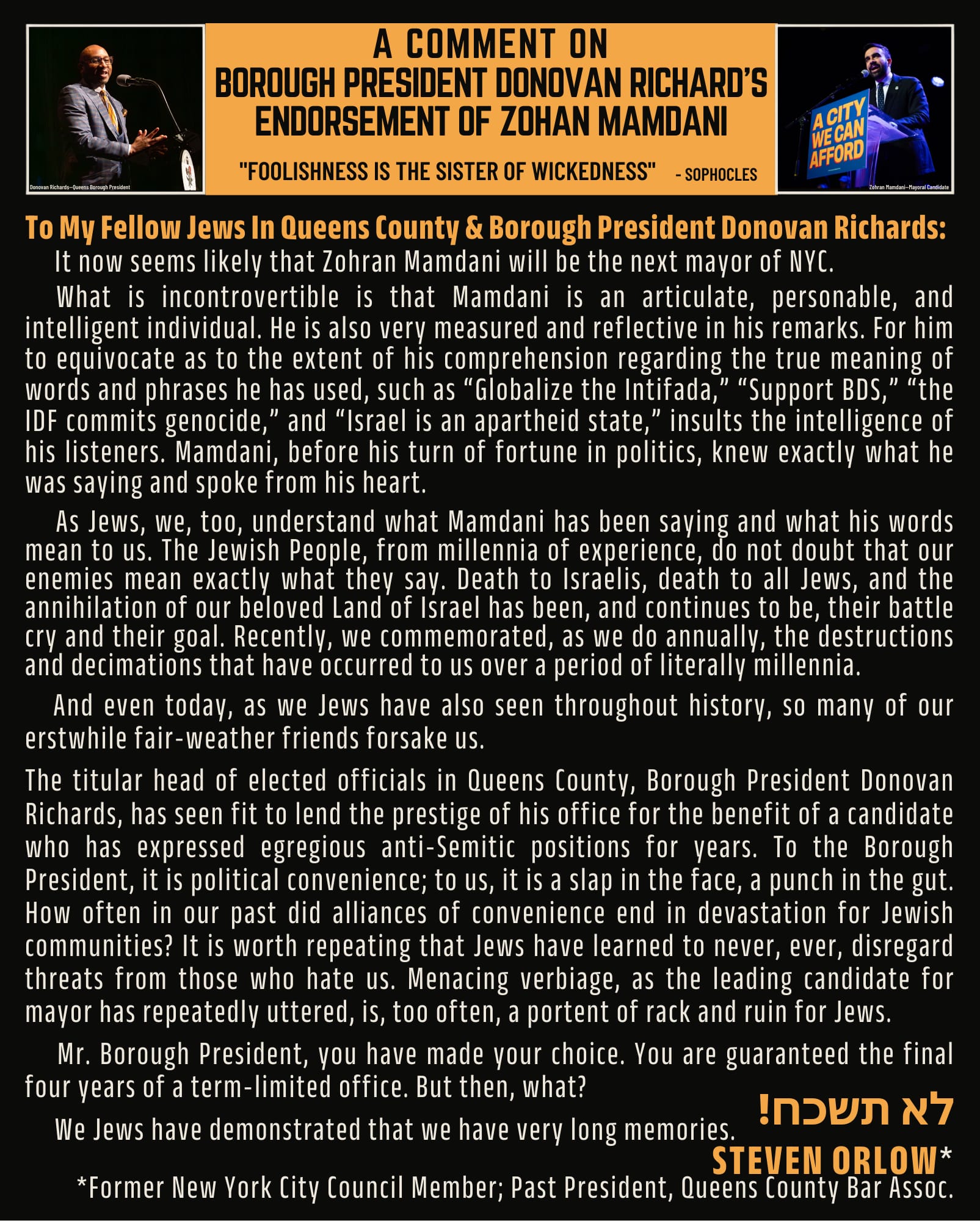
The princes dug the well, the nobles of the people excavated, with the scepter, with their poles. And from the wilderness they went to Mattanah
This verse speaks about Be-er Miriam (the well of Miriam), which provided water for the Children of Israel, for 40 years while Benei Yisrael were in the desert, in the merit of Miriam, ’a”h. The simple understanding of this verse is “A well, that was dug by princes, was excavated by the nobles of the people”. This refers to Moshe Rabbenu and Aharon HaKohen, ‘a”h, who were the princes.
On a deeper level, Be-er (well) refers to the Torah. The words of Torah grow and multiply through the Qushiyoth that people ask each other, as it says in the Gemara after Resh Laqish died:
[Resh Laqish was Ribbi Yohanan’s prize student, with a very sharp and keen mind. His debating with Ribbi Yohanan was a source of great pleasure to the latter. When Resh Laqish died, Ribbi Yohanan was distraught]. Said the Rabbis, ‘Who shall go to calm his mind? Let Ribbi El’azar ben Pedath go, because his disquisitions are very subtle.’ So he went and sat in front of him, and each time Ribbi Yohanan made a statement, Ribbi El’azar would comment: ‘There is a Baraitha or a Mishna which supports you.’
‘Are you as the son of Laqish?’ he complained: ‘when I stated a law, the son of Laqish would raise twenty-four objections, to which I gave twenty-four answers. This, in turn, led to a more thorough understanding of the law. You, on the other hand say, “A Baraitha has been taught which supports you:” don’t I not know that my rulings are correct?’ As a result, he continued to rend his garments and would cry, ‘Where are you, son of Laqish, where are you, son of Laqish.’ He continued to cry in this way till it affected his mind. At that point the Rabbis prayed for him, and he died.
In short, what Ribbi Yohanan said was, that through Resh Laqish’s questions, they would delve deeper into the Torah and make Hiddushim (novel interpretations on the Torah). As he said to Ribbi El’azar ben Pedath, “For this I miss him terribly. You support my words but don’t ask me any questions. So what do I gain from it?
In order to illustrate this, Hakham Yosef Hayyim, ’a”h, the holy Ben Ish Hai, tells a story about a man who had a field filled with many fruit trees and different types of crops which he would plant every year. The rain water was not sufficient for his and the neighboring fields, but would be supplemented by water from the river which would flow over it. The problem was that the river would deposit a lot of sediment every year, which prevented the water from covering the field the following year. Therefore, the owners of all the fields who were diligent, would commence digging the earth from the beginning of the year, so that the level of the land would become lower, allowing the water of the river to flow abundantly over the land. As a result, even when the river was low, water would still flow and irrigate the crops.
This man, was very particular about digging the earth every year. Unfortunately, his children were not involved, so had no idea about what he did. One day, when he was older, he became ill and realized that his time was short. So he summoned all his children and informed them that he was about to pass on, and asked them to pay close attention to his words.
He told them that in one of the furrows that he had dug, to improve the irrigation of the field, he had hidden an immense treasure. The children asked to be told the exact location so that they would know where to go to retrieve it. The father replied that if they looked dedicatedly in the furrows, they would find it. No sooner had the words left his lips than he passed away.
As soon as the mourning period was over, all the children went down to the field and dug vigorously, removing all the earth, in order to find the treasure that their father had hidden there. Since they did not know exactly where it was, they were forced to dig from end to end, and they did this multiple times, over and over again. They did not sleep, but kept on digging. But it was all to no avail. They simply could not find any treasure.
They felt extremely upset, dejected and cheated. They felt that they had made this monumental effort for nothing and returned home empty handed. What hurt the most was the fact that their father would deceive them in such a way.
When the time came to plant the field, the workers who would do the planting every year, came as usual, and planted the field like they were supposed to. The winter passed and the summer, which was the time of the harvest, came and the sons returned to their father’s field to bring in the harvest. They could not believe their eyes. They saw that the trees and the crops produced ten times more fruit and produce than any of the other neighboring fields.
When they looked into the matter to understand why this was, they learned that the owners of the other fields were lazy and did not dig the land vigorously. As a result, the water of the river did not reach their fields because the land was too high. Their field, however, because they had dug it so dedicatedly, had the water flowing abundantly through all the irrigation channels, creating a bountiful crop. And this was the explanation of the fact that the yield of their fields was ten times greater than that of their neighbors.
It was only then that the sons understood the words of their father who told them about the treasure he had hidden in a furrow. His intention was that they would dig hard and deep and that this was the treasure that brought so much blessing. From that day onwards, they went every year to dig as dedicatedly as they did that first year, and reaped the rewards year in, year out.
Hakham Yosef Hayyim, ’a”h, comments on this story that the same idea applies to the Torah. G-d gave us the Torah in an abbreviated form and the words need explanation. One who delves deeply into the Torah can produce abundant fruits. How is this done? By digging in depth into every Halakha and by asking questions and bringing explanations. The questions are the digging and the explanations are the water that passes through the field which provides the sustenance for the crops, the fruits and the trees. Just as without digging, the water will not be able to irrigate the field, so too with the study of the Torah, if the one who is studying it does not ask questions, then the logic, the reasoning and the understanding (which is likened to the water), will not come to him and he will be unable to produce the Hiddushim (which are likened to the fruit).
As Ribbi Yohanan said to Ribbi El’azar, it was through the questioning of Resh Laqish that they were able to produce Hiddushim.
Not every person has the merit to produce these fruits, which are the new Halakhoth. In order to do this one must be complete in two areas.
1) he must be righteous and have control over his inclination, unlike Doegh HaEdomi who was considered very knowledgeable but was lacking fear of Heaven, causing much destruction upon others and, ultimately, himself.
2) He must study Torah Lishmah (for its own sake) and not ’Al Menath Leqabbel Peras (in order to recipe a reward).
בְּאֵר “Be-er” is the Torah. חֲפָרוּהָ שָׂרִים “Hafaruha Sarim” means it requires digging in order for it to produce good fruit. It can only happen, however, if it is done by Sarim. Sarim are those who are in charge and rule over their Yeser (inclination). They must be righteous because then they will have Yir-ath Shamayim (fear of heaven).
כָּרוּהָ נְדִיבֵי הָעָם“Karuha Nedibei Ha’am”, means that it is dug by those who do it with all their heart, and not in order to obtain a reward.
בִּמְחֹקֵק בְּמִשְׁעֲנֹתָם “Bimhoqeq Bemish’anotham” means that they will cleave to the Mehoqeq, who is Moshe Rabbenu, ’a”h, who epitomized the trait of ‘Anawa (humility). One who follows in his path will have the merit of Moshe Rabbenu, ’a”h, to lean on, to protect him and aid him to produce the Halakhoth and Hiddushim.
By Rabbi Ya’aqob Menashe
Rabbi Ya’aqob Menashe is a renowned author and lecturer, whose Shiurim continue to inspire thousands around the world. Many can be seen at www.NonstopTorah.com. His daily Torah Minutes are eagerly anticipated by thousands every morning. They can be seen at www.ATorahMinute.com. Rabbi Menashe is the spiritual leader of Midrash BEN ISH HAI. More information is available at the Midrash website, www. Midrash.org.
Don’t Jump To Conclusions
Typography
- Smaller Small Medium Big Bigger
- Default Helvetica Segoe Georgia Times
- Reading Mode













